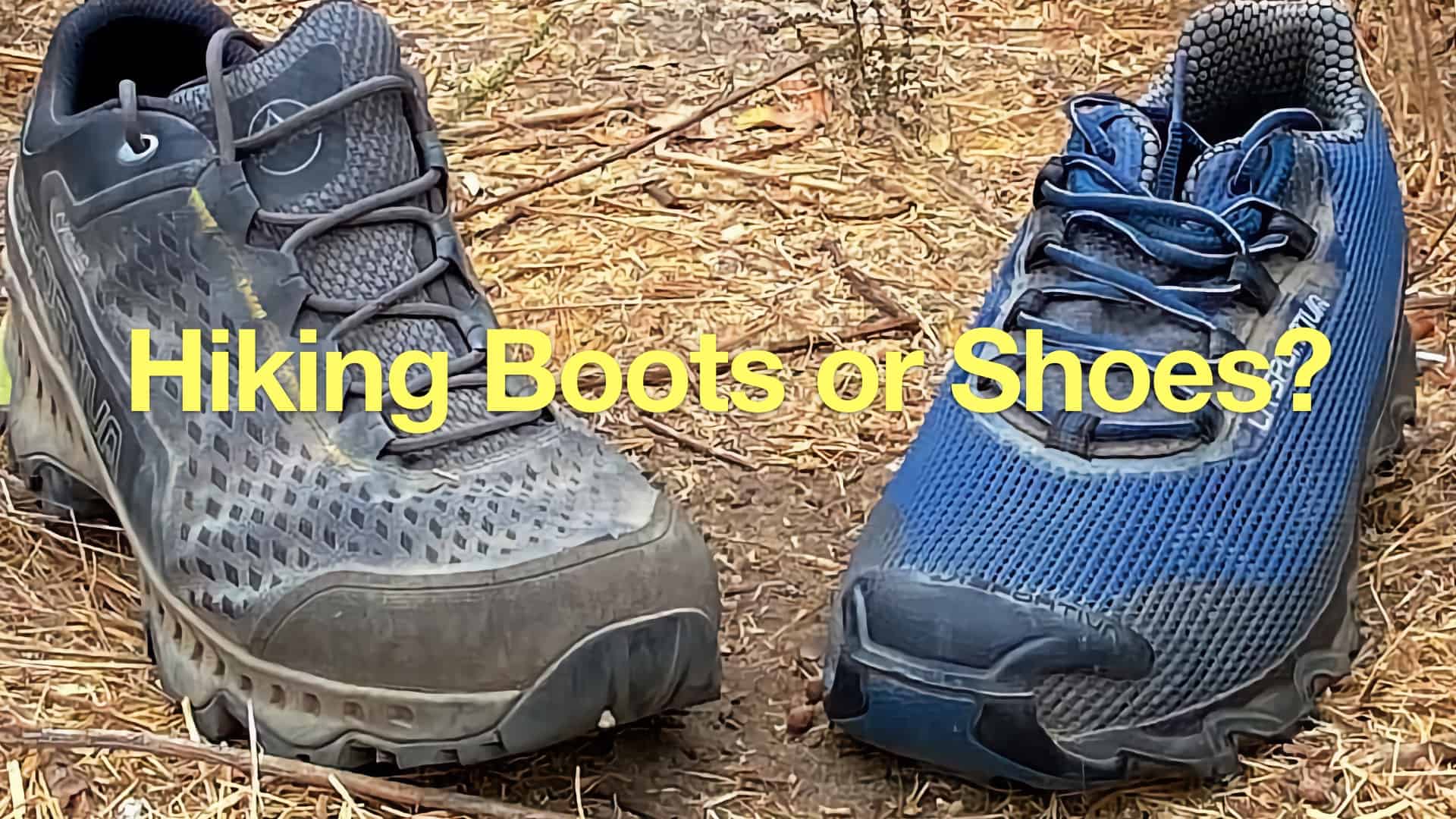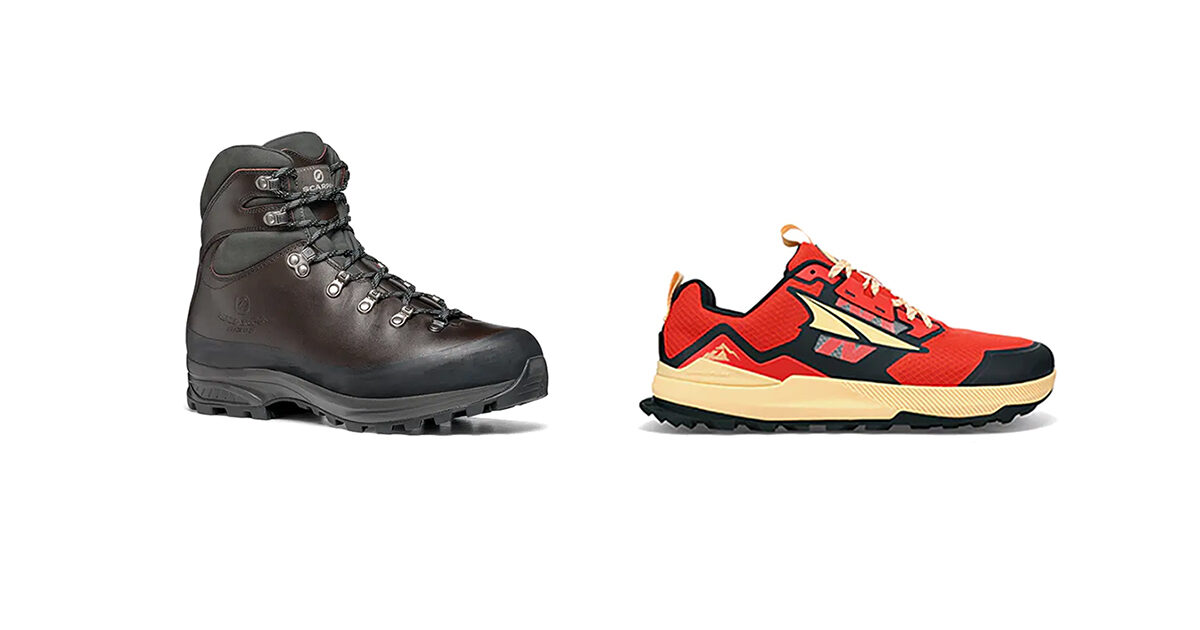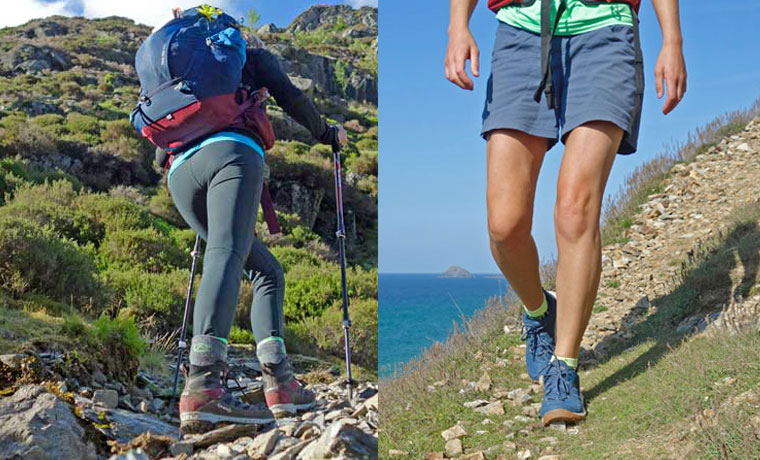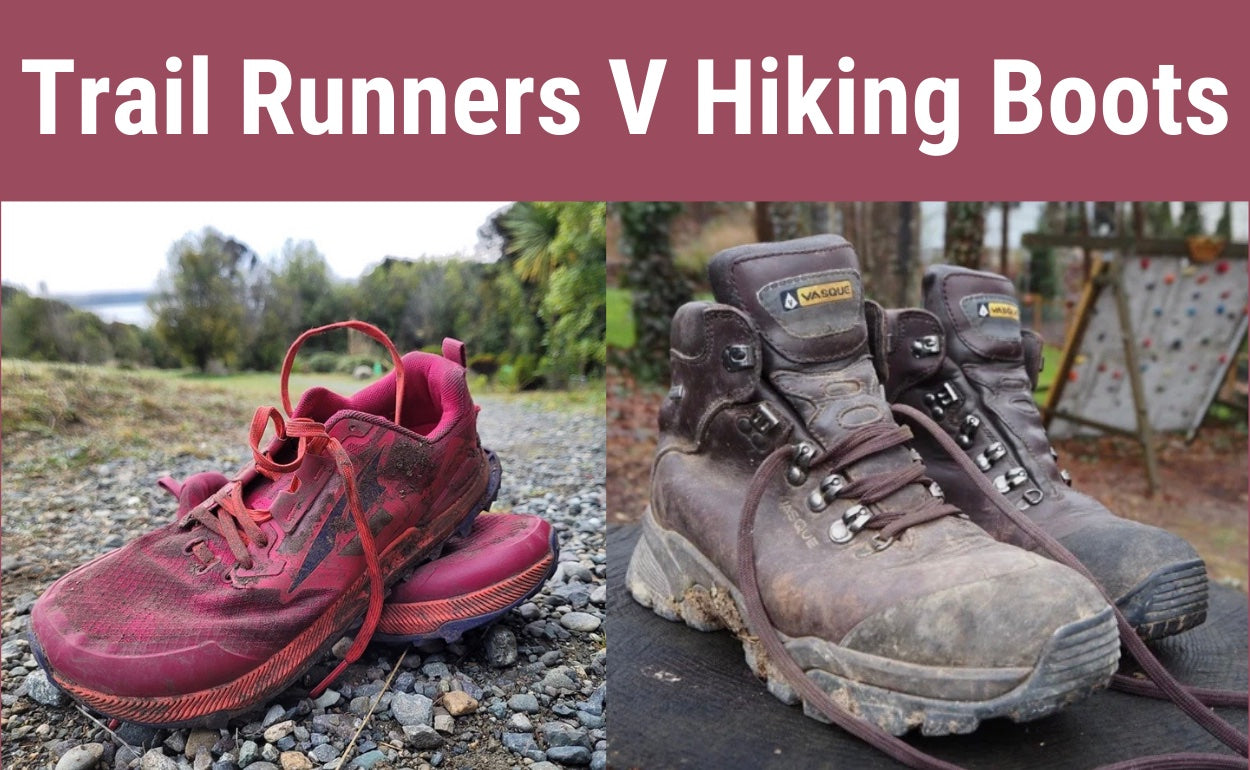When it comes to exploring the great outdoors, the type of footwear you choose can make or break your adventure. Hiking shoes and hiking boots each have their own set of advantages and disadvantages. Whether you’re a seasoned hiker or just starting, understanding the differences can help you make an informed decision. In this article, we’ll dive deep into the pros and cons of both options, share real-world experiences, and present some handy tips for picking the perfect pair of hiking footwear.
Understanding Hiking Footwear
Before we delve into the specifics of hiking shoes versus hiking boots, it’s crucial to understand what these terms mean. Hiking shoes are typically lighter and more flexible, designed for shorter, less technical trails. In contrast, hiking boots are heavier, more rigid, and provide better ankle support, making them suitable for rugged terrains and longer hikes. Understanding these distinctions will help you select the right footwear for your hiking adventures.
Hiking Shoes: A Closer Look
What Are Hiking Shoes?
Hiking shoes are designed for those who appreciate lightweight comfort and agility. These shoes typically feature:
- Lightweight Materials: Many hiking shoes are made from mesh and synthetic materials to reduce weight.
- Lower Cut Design: The design usually falls below the ankle, allowing for greater freedom of movement.
- Good Traction: Most hiking shoes come with high-traction soles to provide grip on various surfaces.
Real-World Experience: Hiking Shoes
Consider the experience of Sarah, an outdoor enthusiast from Colorado. She chose a pair of lightweight hiking shoes for a summer trek in Rocky Mountain National Park. According to her, the shoes were incredibly comfortable, allowing for swift movements on the trail. “I felt like I was gliding over the rocks and roots,” she shared. However, Sarah noted that while they were perfect for easy trails, she wouldn’t have felt secure on more technical paths.
Pros and Cons of Hiking Shoes
| Pros | Cons |
|---|---|
| Lightweight and comfortable | Less ankle support |
| Flexible and agile | Less durable on rugged terrain |
| Quick drying | Limited insulation |

Hiking Boots: The Heavyweights
What Are Hiking Boots?
Hiking boots are robust options built for serious adventurers. They are designed for longer hikes and challenging terrains, featuring:
- Ankle Support: The higher cut around the ankle provides stability and support, reducing the risk of injuries.
- Sturdy Materials: Crafted from leather or synthetic materials, hiking boots withstand rough conditions.
- Enhanced Traction: They typically have rugged outsoles for better grip on steep and slippery surfaces.
Real-World Experience: Hiking Boots
Take Sam, an avid hiker who frequently ventures into the Appalachian Mountains. He swears by his sturdy hiking boots. “On steep trails, the ankle support made a world of difference,” he explained. He also emphasized their durability, noting that he’s trekked through mud and water without any issues. Yet, he mentioned that the extra weight can be a drawback on easier trails.

Pros and Cons of Hiking Boots
| Pros | Cons |
|---|---|
| Superior ankle support | Heavier than hiking shoes |
| Durable and long-lasting | More rigid and less flexible |
| Better suited for rugged terrain | Longer break-in period |
Key Differences: Hiking Shoes vs. Hiking Boots
How to Choose the Right Footwear for Your Needs
Understanding your hiking style and the types of terrain you will encounter is essential for selecting the right footwear. Here’s a comprehensive comparison:

| Feature | Hiking Shoes | Hiking Boots |
|---|---|---|
| Weight | Lightweight | Heavier |
| Ankle Support | Low-cut | High-cut |
| Flexibility | More flexible | Less flexible |
| Best For | Day hikes, well-maintained trails | Backpacking, rough terrain |
| Durability | Less durable | Highly durable |
Tips for Choosing Your Ideal Hiking Footwear
Here are some practical tips for selecting the best footwear for your hiking needs:

1. Consider the Terrain
Think about where you’ll be hiking. For well-maintained trails, lightweight shoes may suffice. If tackling steep, rocky paths, opt for boots with ankle support.
2. Know Your Hiking Style
Are you a casual day hiker or a multi-day backpacker? Your hiking style will influence your choice. Casual hikers might prefer the comfort of shoes, while serious trekkers should prioritize stability and support.

3. Try Before You Buy
Always try on footwear with the socks you plan to wear. Walk around the store and test the fit to ensure comfort and support. If possible, try them on an incline to mimic hiking conditions.
4. Look for Breathability
Choose materials that offer breathability, especially for warm-weather hikes. Shoes with mesh panels can help keep your feet cool and dry.

5. Invest in Quality
When it comes to hiking footwear, quality matters. Look for trusted brands and customer reviews to ensure you’re making a wise investment.
Product Highlights
To give you a well-rounded perspective, here are some highly recommended hiking shoes and boots:

Best Hiking Shoes
- Salomon X Ultra 3 GTX: Ideal for rugged trails with excellent traction and waterproofing.
- Merrell Moab 2 Vent: A popular choice known for its comfort and durability.
Best Hiking Boots
- Asolo Fugitive GTX: Highly rated for its support and stability on challenging hikes.
- Scarpa ZG 20: Lightweight yet durable, perfect for multi-day treks.

Frequently Asked Questions (FAQs)
1. Are hiking shoes suitable for backpacking?
Hiking shoes can be suitable for light backpacking on well-maintained trails, but for heavier loads and rough terrain, hiking boots are recommended for added support.
2. Do hiking shoes provide enough support for my ankles?
Hiking shoes typically offer less ankle support than boots, making them more suitable for easy trails rather than rugged terrains.
3. Can I wear hiking shoes for everyday use?
Absolutely! Hiking shoes are versatile and can be worn for casual outings due to their comfort and style.
4. How do I maintain my hiking shoes and boots?
Regularly clean your footwear, remove dirt and debris, and use waterproofing sprays as needed to maintain their performance.
5. What should I wear with hiking shoes or boots?
Wear moisture-wicking socks, breathable pants, and comfortable tops that allow for easy movement.
6. Is it better to have waterproof hiking shoes or breathable ones?
This depends on the environment. Waterproof shoes are best for wet conditions, while breathable options are ideal for hot weather.
7. How can I find the right size for hiking shoes or boots?
Always try on footwear in the afternoon when your feet are slightly swollen. Ensure there’s enough room for your toes to move and that your heel fits snugly.
8. Do I need to break in my hiking boots?
Yes, it’s recommended to break in your hiking boots gradually to avoid blisters during your hikes.
9. How much should I spend on hiking footwear?
Invest in quality; prices can range from $100 to over $300. Quality footwear can greatly affect your hiking experience.
10. What are some common brands for hiking footwear?
Some trusted brands include Merrell, Salomon, Columbia, and Scarpa. Always check reviews and ratings before making a purchase.
Conclusion
Choosing between hiking shoes and hiking boots ultimately comes down to your personal hiking style and the terrain you plan to tackle. By weighing the benefits and drawbacks of each option, you can find the right fit for your outdoor adventures. Remember, the best footwear is one that keeps your feet comfortable, supported, and ready for any journey ahead. Happy hiking!